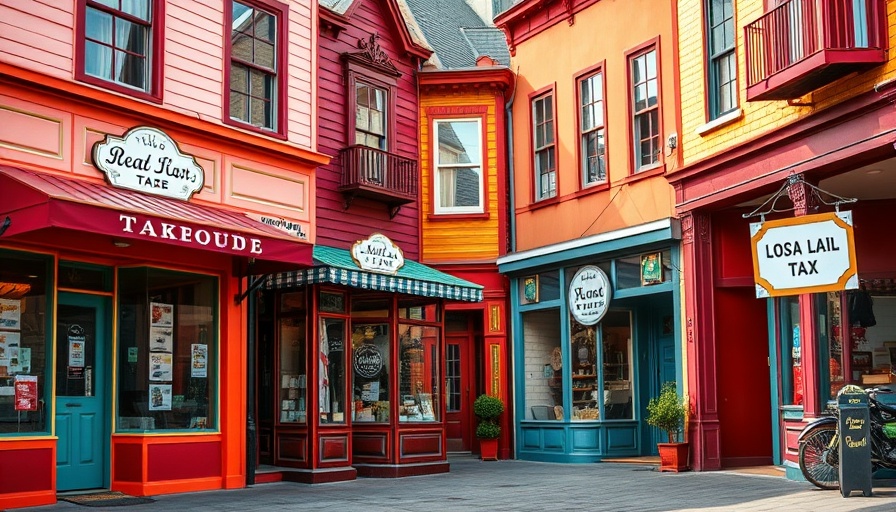
What Does the 1 Percent Food and Beverage Tax Mean for Shelbyville?
The Shelbyville City Council has recently made headlines by tabling a proposed 1 percent Food and Beverage Tax. This decision has sparked conversations among local government officials, business owners, and residents alike. Understanding the implications of this tax is essential to grasping its impact on the community.
Connecting to Community Needs
The proposed tax was intended to support city projects and improve local infrastructure, providing jobs and enhancing quality of life in Shelbyville. Local governments often depend on such taxes to fuel economic development, making it critical for residents to weigh the long-term benefits against the immediate financial burden.
Broader Implications for Small Businesses
For small business owners in the area, this tax represents a double-edged sword. While it could assist in improving the local economy, higher prices at restaurants and shops might deter potential customers. The challenge lies in balancing the need for funding city improvement with the effects of increased costs on shoppers.
Community Input: The Importance of Local Voices
Local governments thrive when they listen to diverse perspectives in the community. The decision to table this tax highlights the need for community input in fiscal matters. Town halls and public comment periods could provide critical insights into how residents feel about potential taxes and their perceived value.
This moment in Shelbyville underscores the importance of informed community engagement. As residents and leaders deliberate on fiscal strategies, it’s essential that all voices are heard. For those affected directly by such decisions, participating in discussions could lead to better outcomes for everyone.
Join the conversation on local governance. Share your thoughts with the city council and support community initiatives that reflect the needs of Shelbyville’s residents.
 Add Row
Add Row  Add
Add 




Write A Comment